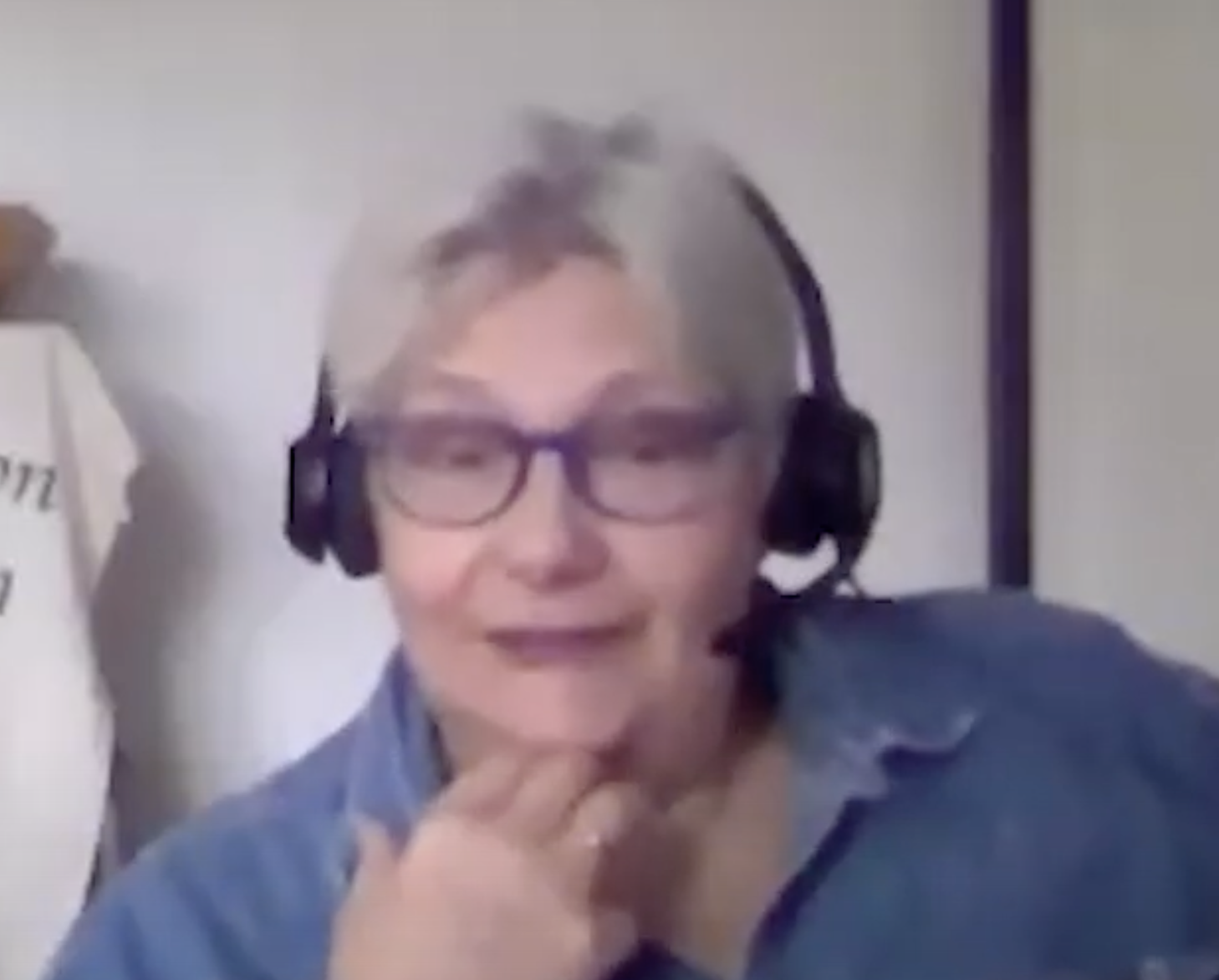Maria's Story


My partner was already struggling with his mental health before the diagnosis. After the diagnosis and the subsequent treatments. (Hormone and radiotherapy) it became worse. He was and is struggling with the fact that his physical strength has deteriorated massively. His already fragile confidence took another hit after the short (non-cure) radiotherapy as that caused issues with his ability to control bowels and urine. We can no longer go for long walks or travel if there are no toilet facilities close by. Theatre visits etc. are now very uncomfortable. He has put on a huge amount of weight because of the medication and that is having a negative impact on his mobility and his self confidence. Apart from limiting what we can do together it also has a very profound effect on my mental health as he verbally lashes out to me when he is feeling really down and frustrated. What affects me most though is the fact that he is so very very tired and needs soo much sleep. I am still working but everything, really everything is now coming down to me as he simply does not have any energy. I am still working full time (he had to take early retirement as working is no longer a possibility) and having to do everything alone has had a huge impact on me mentally as well as physically. I have been diagnosed with Fibromyalgia and have my own struggles but since there is no practical support in the house etc. I have to overstep my boundaries which increase my physical pain. Mentally I am stressed which is not helping my physical well being either. However, his diagnosis and mine have forced me to look at my own life as well and helped me to make an important decisions about my future. I have decided when I am going to retire and announced this to my employer and I have started to make plans for after retirement and things that I can do alone. For me, the most difficult thing to accept was that we would not get old together and that our dreams for retirement were not going to happen. My husband is 8 years younger than I am and we had some nice plans which will now, financially but also time wise, no longer be possible. But we still have some time together and I am determined to make the best of it.
I try to stay positive as at the moment there are still many things that we can do together if he wants to. Take time for yourself and do things that you enjoy doing and can do alone. Learn to do things on your own, it is not easy but it will be very useful in the future. I have started to make connections with other people and am looking at more volunteering so I can build up a network and things to do. This will give you some time for yourself and the option to be out of the house for a short period if you need it and it will give you a purpose when he is no longer there, because that moment will come. Talk to your friends if that is possible. Not all your friends will want to hear and listen to your story. Don't be offended, accept this and see these friends as someone to spend some fun time with. Sometimes that is all that is needed. You will find that there are very few people who want to talk about things like your struggle with your partners illness, but there are always a few that will be there to listen and just hold your hand/have a shoulder to cry on. I found the most unexpected people actually offer that kind of support. If you are still working tell your colleagues and your managers about what is going on because there will be times that you will have to support your partner or that you will be affected emotionally which may impact your performance. Workplaces also often provide support options. Sometimes, the support of friends and family is not enough. Please do contact the charities that are providing services to close relatives of the "patient". E.g. McMillan, Maggie's or other local organisations. Talk to your GP and ask him/her what support is available. There is a lot out there. Prepare yourself for the moment that you really dread by ensuring you know where you can go to get the care support that is needed when the inevitable comes. For me that gave peace of mind knowing that everything is in place and how to get the support I need at that moment. I now have time to do other more fun things, accept and not be afraid of what will come whilst enjoying to the full what my husband and I can still do together. Make plans for fun things to do (but not too far in advance) with your husband but also with friends so you have things to look forward to.
By sharing your experience of prostate cancer on the infopool you can help others. Your experience is valuable as they go through their own journey. Help make the prostate cancer community stronger.